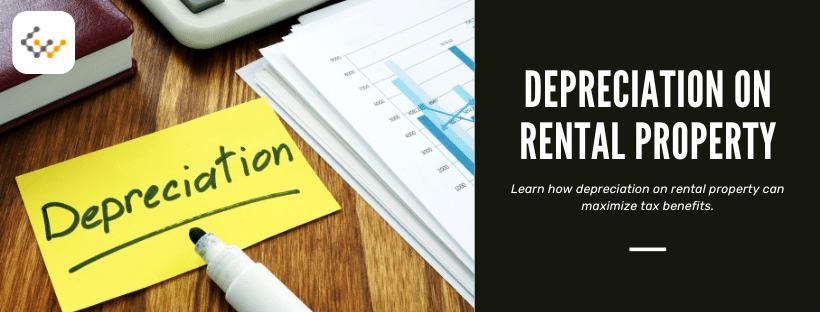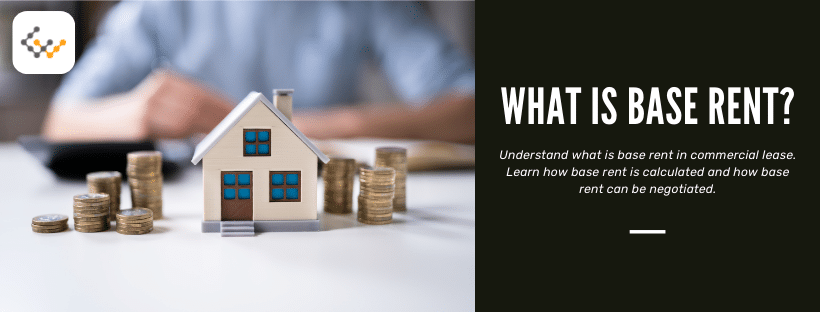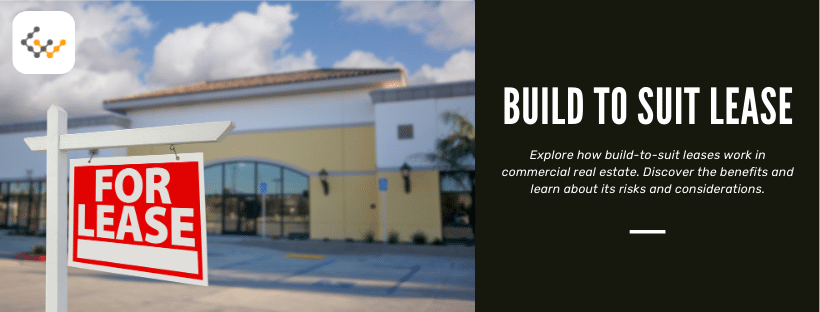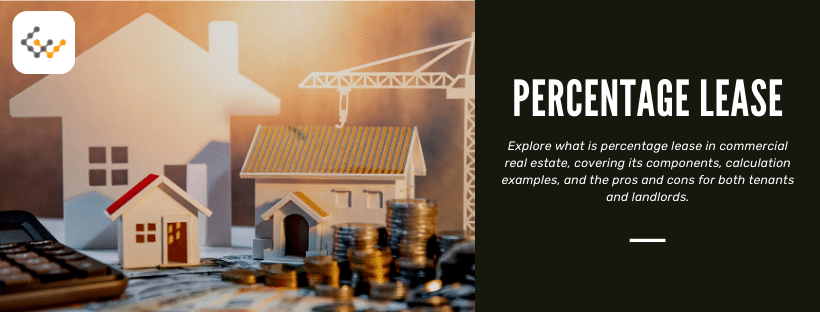Depreciation on Rental Property: Calculation & Requirements

Understanding depreciation is essential to accurately evaluating rental property financials. It’s used to evaluate expenses and returns, and IRS-allowed depreciation is eligible for a tax benefit. Here’s how to calculate the depreciation on a residential or commercial rental property.
What is Depreciation on Rental Property?
Depreciation accounts for tangible assets’ loss in value. It’s a financial method of factoring in the wear and tear that … Read More
What is Appurtenances in Real Estate: Definition and Examples

It is not uncommon for property owners to need to make additions or change the floor plan of their property. This occurs in both commercial real estate as well as in residential properties. When those changes to the building are permanent, meaning they cannot be easily removed, they are referred to as appurtenances. Understanding this concept is critical for commercial real estate investors who may … Read More
Understanding Sources and Uses in Commercial Real Estate

Investing in commercial real estate requires securing and spending large amounts of capital. Sources and uses statement shows how funding for a project is secured and how it’s expected to be used. This is one document that all commercial real estate investors should know how to create, read, and be prepared to supply lenders with.
What Do “Sources and Uses” Refer to in the Context … Read More
What is Base Rent in Commercial Lease?

A base rent provision is often in place within a commercial lease in commercial real estate. Most often listed as a clause, this is an important component for property owners and renters to understand. It provides specific insight into the tenant’s rent obligation.
It is not uncommon for commercial property investors and owners to work through a rent negotiation process with prospective tenants. In that … Read More
A Practical Guide to Investing in CRE CLO

Collateralized loan obligations (CLOs) are a short-term financing option within commercial real estate. These can be a valuable vehicle for both property owners and loan investors who have a time frame of 3 to 5 years.
What are CRE CLOs?
CRE CLO stands for commercial real estate collateralized loan obligation. These are investment vehicles composed of short-term commercial real estate loans.
The loans are pooled … Read More
Build to Suit Lease: What It Means in Real Estate Investing?

Property owners who have vacant or ready-to-update property may wish to offer a built-to-suit lease. This means the property owner agrees to lease arrangements in which the owner works with a developer to build a property based on the tenant’s needs. For investors considering a vacant property, a build-to-suit lease could be advantageous if a prospective value exists in the area for new business development.
What is FF&E and Why FF&E Matters in Real Estate?

Businesses may own many different types of property, with buildings, equipment, materials, and inventory being just a few examples. FF&E is one way of grouping assets that have value and last but aren’t part of a commercial real estate property.
What is FF&E?
Furniture, fixtures, and equipment (FF&E) refers to hard assets that last longer than one year but aren’t affixed to the building or … Read More
Percentage Lease: What It Is and How it Works in Commercial Real Estate?

There are several different ways to structure a commercial real estate lease. When leasing retail spaces, a percentage lease is one of the common options. The lease’s structure can have benefits for both the lessor and lessee.
What is Percentage Lease and How Does It Work?
A percentage lease is a commercial real estate lease wherein the tenant pays the landlord a portion of their … Read More
Understanding Real Estate Waterfall Model

The investment in commercial real estate always warrants careful consideration of a variety of factors. As one of the most confusing of all commercial real estate investment strategies, the equity waterfall model may be one of the most important methods to truly understand. There are numerous ways cash flow from a project can be split, and that is what makes this real estate waterfall method … Read More
What Does ARV Mean in Real Estate Investment?

One of the most important figures that real estate investors must know is After-Repair value (ARV). Determining whether multi-family housing or commercial real estate is worth rehabbing is essential.
What is ARV in Real Estate Investing?
After-repair value estimates a property’s value after all planned renovations and repairs are completed.
ARV helps real estate investors determine how much a property could be worth. From that, … Read More
